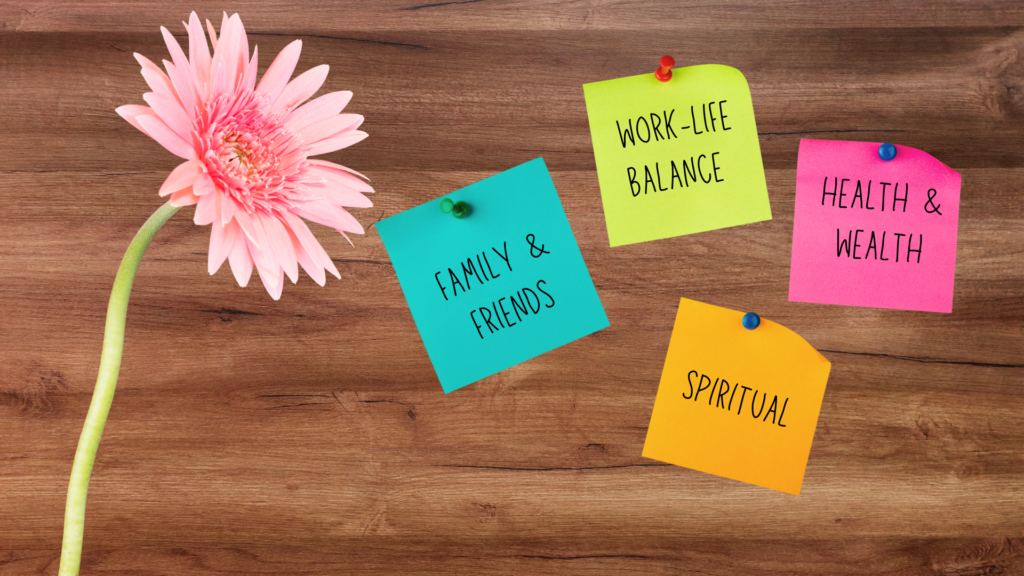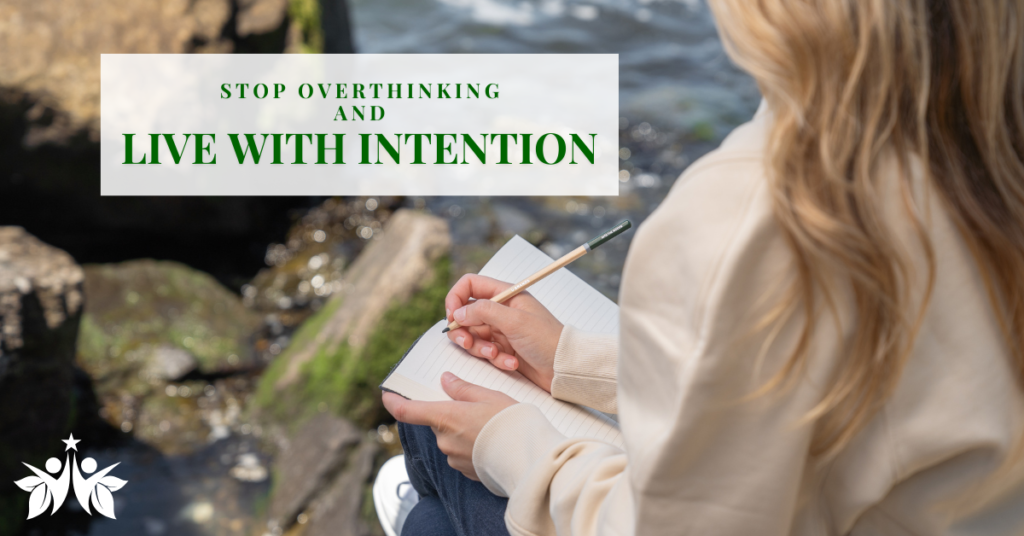The Personal Struggle with Work-Life Balance
In my first blog, I shared my personal journey of struggling with work-life balance. For years, I believed balance meant doing everything perfectly—juggling work, relationships, self-care, and personal growth all at once.
Despite my best efforts, I felt constantly exhausted and overwhelmed. No matter how much I tried, something always seemed out of sync. Eventually, I began wondering:
Was balance truly achievable, or was it just a comforting myth?
Turns out, I wasn’t alone. Research confirms that the struggle for balance isn’t just personal—it’s a global issue. 🌍
What Research Says About Work-Life Balance 🧐
The science behind balance reveals a critical truth:
Balance isn’t about doing more—it’s about shifting priorities to what truly matters.
📌 Research Finding #1: Poor Work-Life Balance Lowers Job Satisfaction & Productivity

A 2022 study published in Frontiers in Psychology found that employees experiencing poor work-life balance reported:
✅ Lower job satisfaction
✅ Decreased productivity
✅ Higher burnout rates
Interestingly, the study highlighted two crucial factors that significantly improve balance and well-being:
✔ Supervisor support – Employees with understanding managers experience less stress and better work-life balance.
✔ Flexible working conditions – People with remote work options or flexible hours report feeling more balanced and engaged at work (Zhou et al., 2022).
➡ 📖 Citation: Zhou, L., Ma, X., & Wang, M. (2022). Work-life balance, job satisfaction, and productivity: The moderating role of flexible work arrangements. Frontiers in Psychology, 13, 906876.
https://www.frontiersin.org/journals/psychology/articles/10.3389/fpsyg.2022.906876/full
📌 Research Finding #2: Work-Health Balance Matters Even More than Work-Family Balance

A 2020 study published by the National Library of Medicine revealed a surprising insight:
Your ability to manage physical and mental health alongside work is more important for life satisfaction than work-family balance alone.
🚨 Employees with poor health + high job stress consistently reported lower overall job satisfaction, even if they had strong family support (Khubchandani et al., 2020).
➡ 📖 Citation: Khubchandani, J., Price, J. H., & Sharma, S. (2020). Work-health balance: A neglected priority in the work-life balance debate. Journal of Occupational Health Psychology, 25(1), 24-37.
https://pmc.ncbi.nlm.nih.gov/articles/PMC7037206/
📌 Research Finding #3: Post-Pandemic, Employees Prioritize Flexibility Over Salary

A 2025 report from The Guardian found that:
➡ Many employees now prioritize flexible work arrangements (remote work, hybrid schedules, and flexible hours) above salary increases.
➡ Companies resistant to these changes experience:
❌ Higher employee turnover
❌ Increased burnout rates
❌ Declining productivity
The data is clear: When balance is ignored, both individuals and businesses suffer (The Guardian, 2025).
➡ 📖 Source: The Guardian. (2025, January 21). Work-life balance takes priority over pay, say workers post-pandemic. The Guardian. https://www.theguardian.com/business/2025/jan/21/work-life-balance-pay-workers-covid-pandemic
Why This Matters: 3 Key Lessons
These insights completely changed how I view balance. Here’s what I learned:

✅ 1. Balance isn’t about perfection—it’s about priorities.
Trying to “balance it all” is exhausting. Instead, balance comes from intentionally prioritizing what truly matters.
✅ 2. Balance is a system-wide issue, not just an individual responsibility.
We often blame ourselves for feeling unbalanced, but workplace culture, flexibility, and social structures play a huge role in maintaining balance.
✅ 3. Your health matters more than you think.
Your physical and emotional wellness directly impact your ability to feel balanced. If you’re burnt out, stressed, or neglecting self-care, achieving balance becomes almost impossible.
Realizing that balance isn’t just a personal issue—but a global challenge—was both validating and liberating. 💡
What’s Next? 🚀
In my next blog, “Why Balance Seemed Impossible (And What Finally Helped),” I’ll share:
➡ The exact small, practical steps that helped me move from feeling overwhelmed to experiencing genuine daily balance.
➡ Science-backed strategies (directly from today’s research) to help you build sustainable balance in your life.
🌿 Together, we’ll make balance realistic and achievable—step by step.
💬 How does knowing balance is a global issue change your perspective?
Drop a comment below—I’d love to hear your thoughts! ⬇
📩 Subscribe now to our newsletter for evidence-based wellness insights & exclusive free resources!
🚀 Follow CGC Wellness on Instagram and Facebook for daily balance tips & inspiration!

